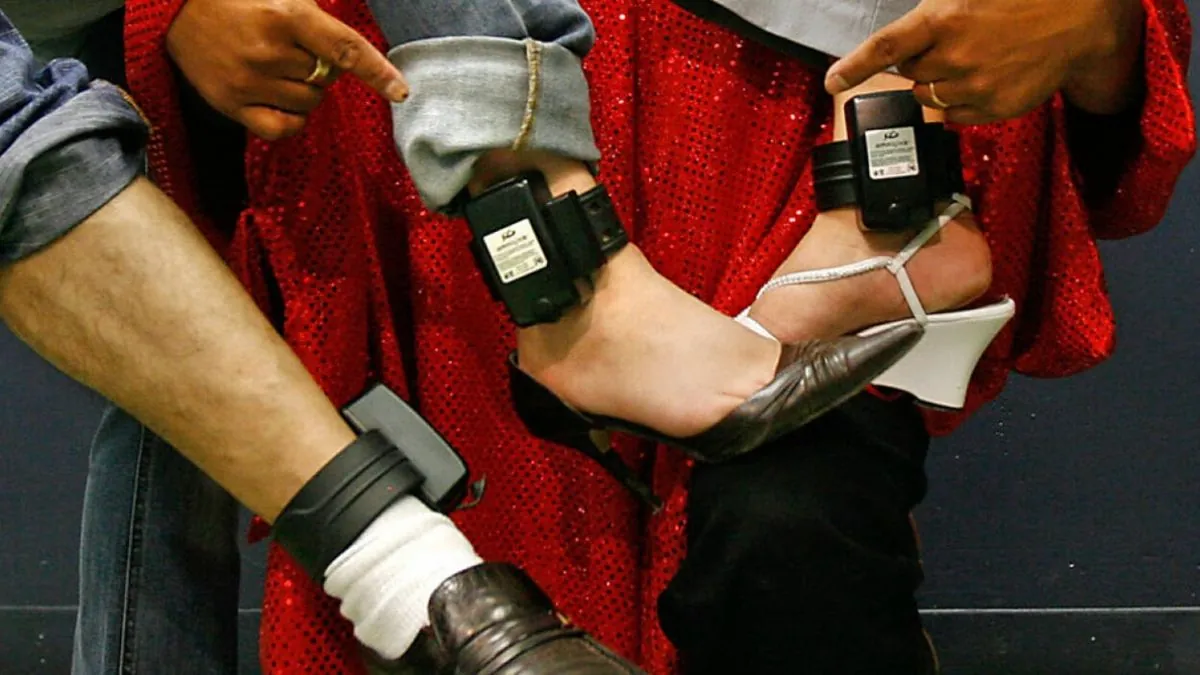UK Unveils Controversial 20% Sentence Early Release Scheme
New government plan allows prisoners to be freed after serving just 20% of their sentences under electronic tagging. Scheme aims to address overcrowding but raises concerns about victim engagement and long-term solutions.

The UK government has introduced a controversial early release scheme, allowing prisoners to be freed after serving as little as 20% of their sentences. This initiative, set to commence on September 10, 2026, aims to address the ongoing prison overcrowding crisis.
Under the new plan, eligible offenders will be released with electronic tags and subjected to home curfews for up to six months. This marks a significant reduction from the current system, which allows release after 25% of the sentence has been served.
The scheme will primarily affect those serving fixed-term sentences under two years, including burglars, thieves, and fraudsters. Some individuals convicted during riots may also be eligible for early release.
Mark Fairhurst, chairman of the Prison Officers' Association, raised concerns about the initiative:
"The problem I have with all this is: 'Have we engaged with the victims of crime? Are they content that this is only a temporary emergency measure?"
Fairhurst's comments highlight the need for a comprehensive approach to prison reform, considering victims' perspectives and long-term solutions.
The early release program is expected to free up 5,500 prison spaces over its 18-month duration. This comes as the Ministry of Justice (MoJ) conducts a review of sentencing policies and develops a prison building strategy to meet future demand.

It's worth noting that the UK has one of the highest incarceration rates in Western Europe, with the prison population more than doubling since the 1980s. The cost of keeping a prisoner in the UK is approximately £40,000 per year, emphasizing the financial implications of overcrowding.
The Home Detention Curfew (HDC) system, introduced in 1999, forms the basis of this new scheme. Eligible prisoners must spend at least nine hours a day under curfew at home, with 12 hours being the norm. Those who breach their curfew conditions face recall to prison.
While the government aims to address immediate overcrowding issues, critics argue for more sustainable solutions. The UK has experimented with various alternatives to imprisonment, including community service orders, which could potentially offer long-term answers to the problem.
As the scheme unfolds, it will be crucial to monitor its impact on recidivism rates, which currently stand at around 29% within one year of release. Additionally, addressing underlying issues such as literacy skills among prisoners – with 57% having skills below those expected of an 11-year-old – may be key to reducing reoffending and easing prison populations in the long run.
The success of this early release initiative and its reception by the public will likely shape future discussions on prison reform and sentencing policies in the UK.


































